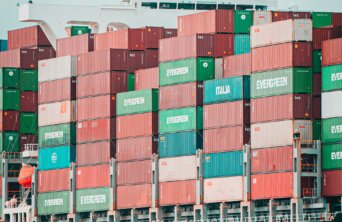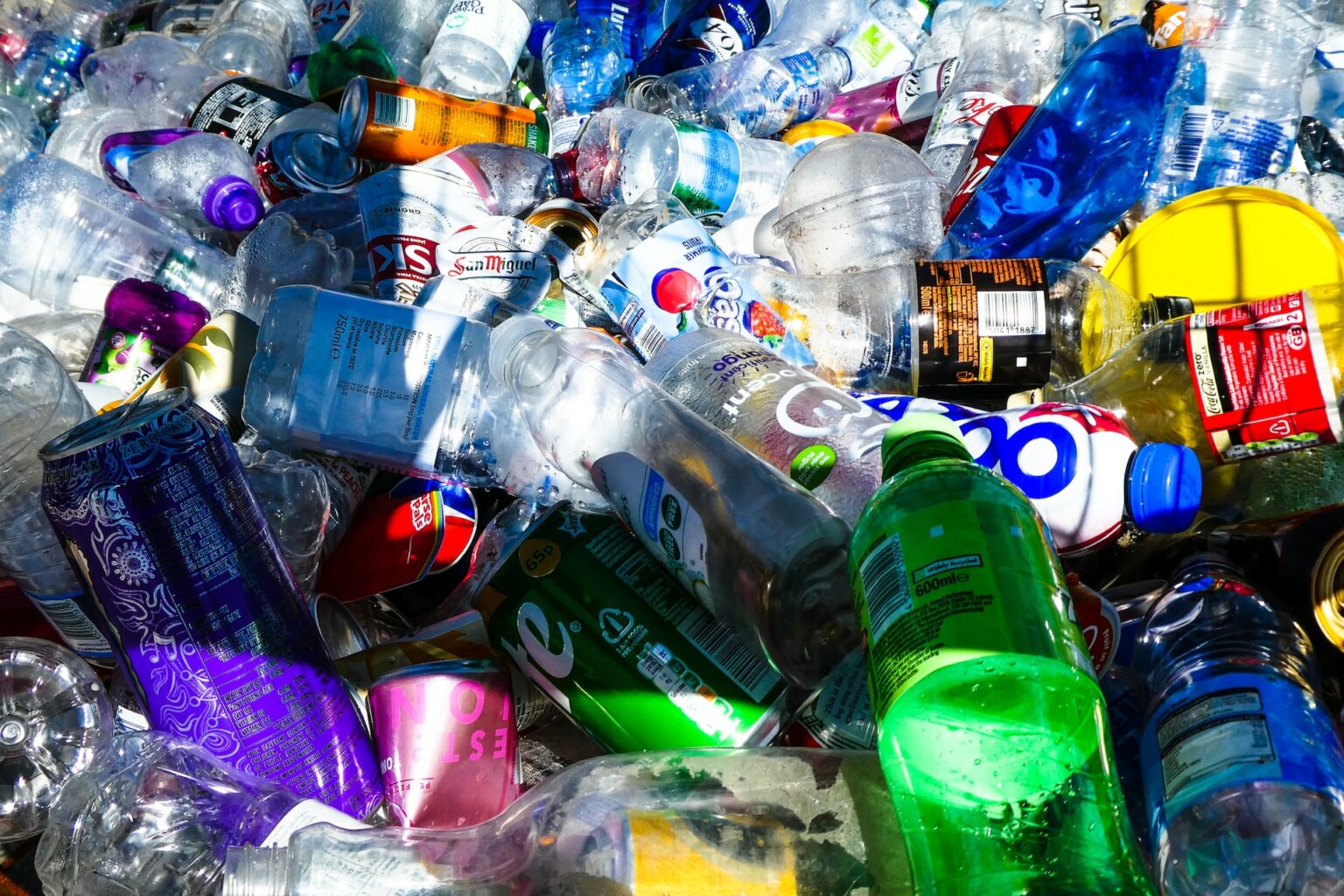- About
- Topics
- Story
- In-Depth
- Picks
- Opinion
- News
- Donate
- Signup for our newsletterOur Editors' Best Picks.Send
Read, Debate: Engage.
| topic: | Sustainable Development |
|---|---|
| located: | India |
| editor: | Bindu Gopal Rao |
Today is once again Earth Day - a day dedicated to demonstrating support for environmental protection. Some ecologically-sensitive corporations are taking steps to make sure that the ethos of Earth Day is upheld throughout the year, for example, by investing in green supply chains.
Supply chains account for 50 to 70 percent of an organisation’s operational expenditures and more than 90 percent of its greenhouse gas (GHG) emissions, according to reports.
Creating sustainable supply chains involves the adoption of processes that are sustainable and effective at minimising a company’s ecological impact, especially in terms of reducing carbon footprints. Something as simple as using electric vehicles (EVs) as opposed to diesel vehicles for transport can reduce carbon emissions by 13 percent.
Green supply channels, however, encompass more than just ethical transportation services; they also aim to choose options that decrease the generation of hazardous waste, reduce the usage of water and energy, and instead utilise renewable energy sources in line with the United Nations’ Sustainable Development Goals. Towards this goal, supply chains have implemented several innovations, such as green purchasing, reverse logistics, smart warehouses, among others.
Specifically, companies are now investing in smart warehouses that make use of timers, thermostats and telematics software to reduce use of electricity, gas, heat and water, thereby helping in controlling fuel costs. The use of EVs to lower GHG emissions is also seeing a push: for example, Dalmia Cement (Bharat) Limited (DCBL), a division of Dalmia Bharat Limited, has teamed up with GreenLine Logistics, the nation's first and only heavy trucking logistics company to run on liquefied natural gas (LNG), to order about 60 of its trucks.
Additionally, there is a push towards the green sourcing of materials and components that can be reused, are recyclable and non-hazardous. Manufacturing companies are also betting big on digitisation to reduce repetitive tasks and assess the sustainability practices of their suppliers and vendors.
Many organisations now have a Green Supply Chain Management in place to ensure that the full manufacturing chain - from design development, manufacturing, delivery, and disposal of the product - is green. The R’s that govern this process include Repair, Reuse, Reduce, Recycle, Refurbish and Remanufacture.
In India however, there are challenges in implementing green supply chains, especially among the Micro, small and medium-scale (MSME) sectors in India that have been impacted by the effects associated with climate change. Higher costs, operational predicaments and mindset changes are also deterring this switch.
However, the future is all about switching from a grey to green supply chain and as India assumes the Presidency of the G20, there is hope that sustainable supply chains will soon become the norm.
Image by Mika Baumeister

